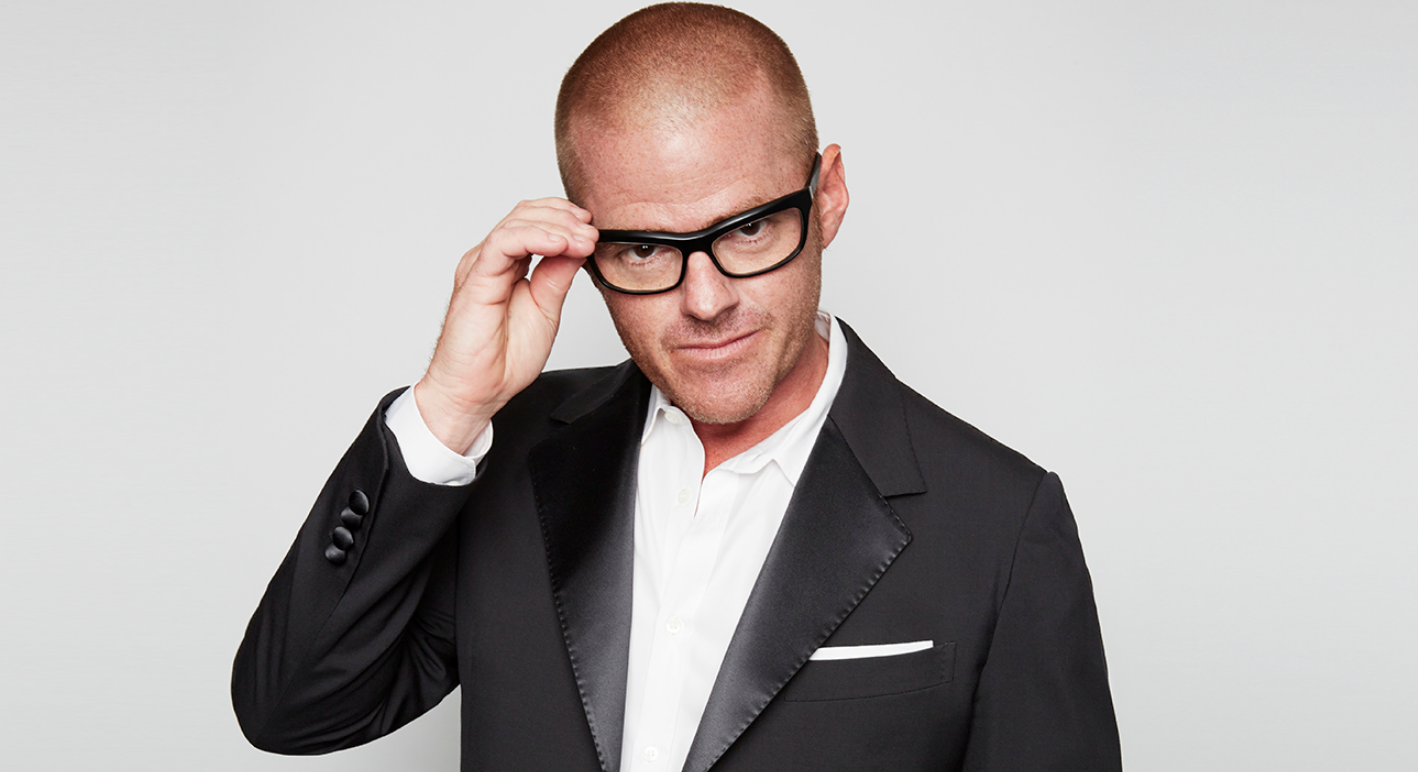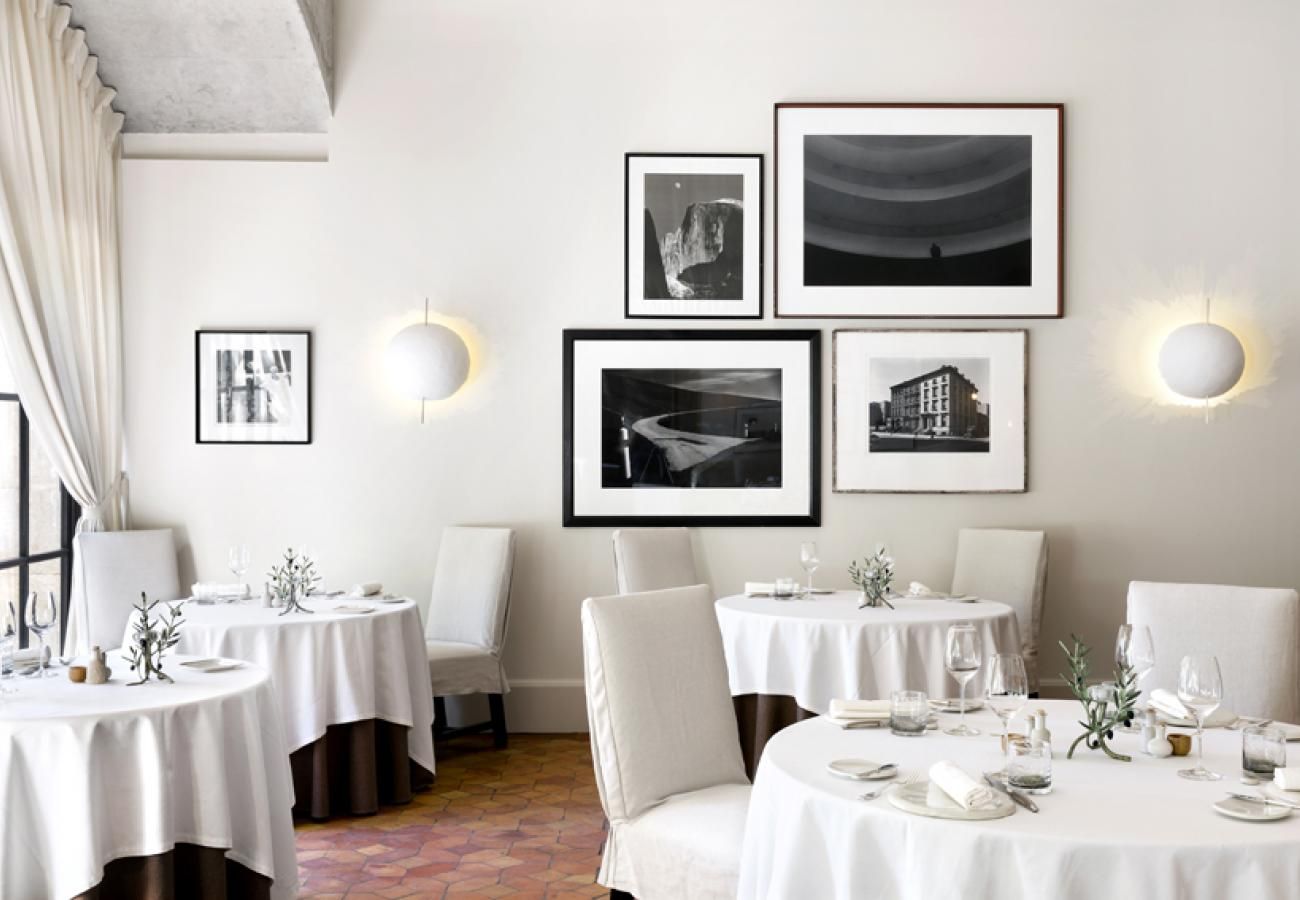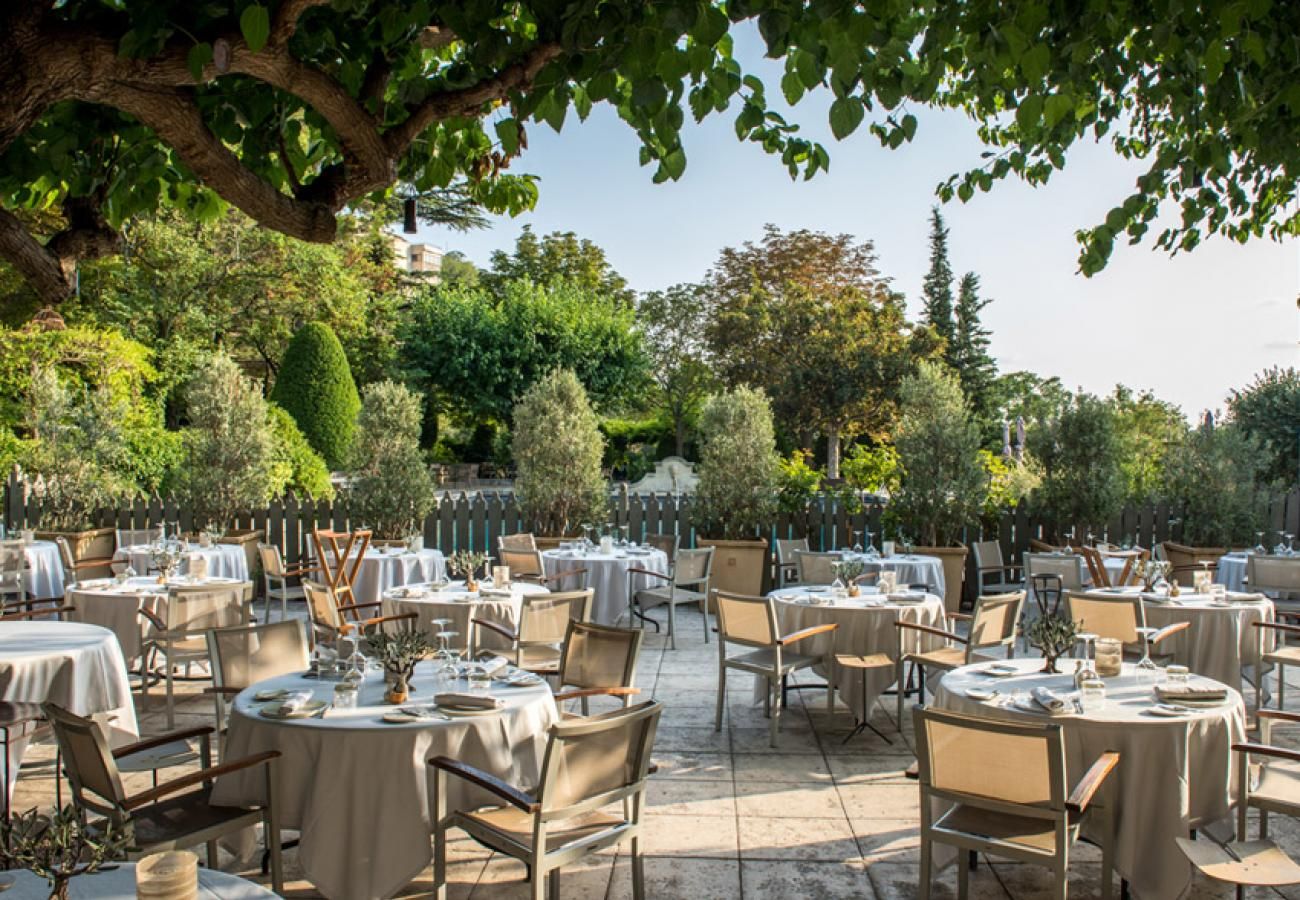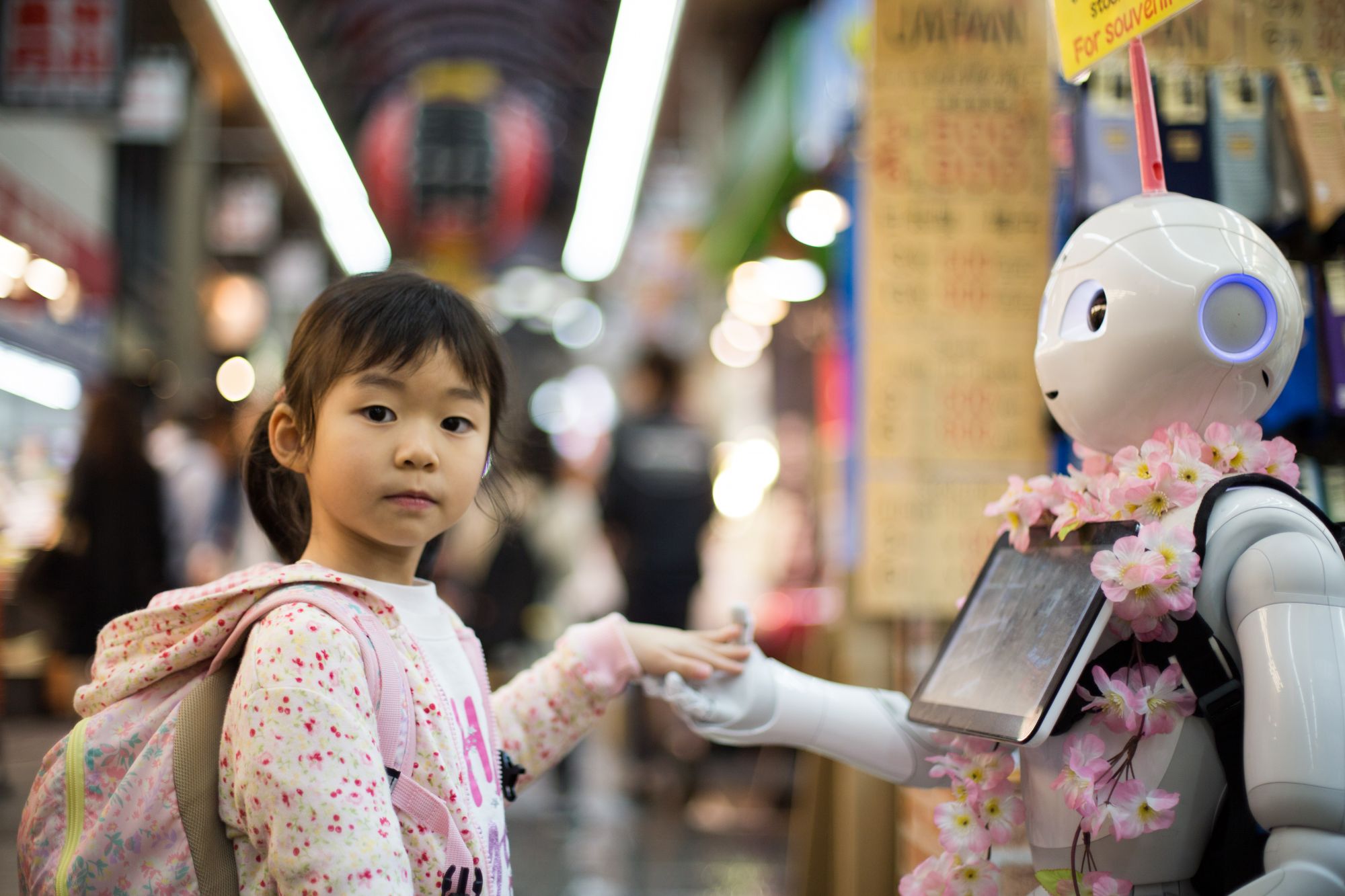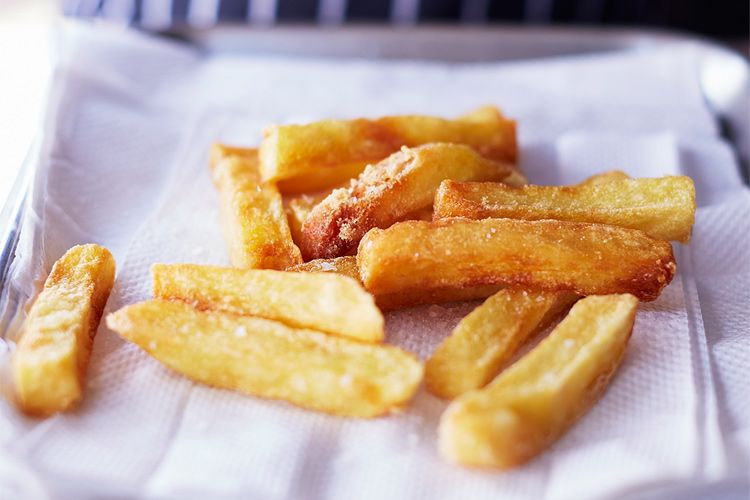The Englishman opens up about the science behind his cooking, plans to educate the next generation and his latest obsession—water
Before we can even settle down into our seats, Heston Blumenthal is cautioning us about his frantic, tangential interview style.
“I’ve got ADHD, so my mind can go all over the place,” says the British chef, when we catch up with him at the Milken Institute Asia Summit 2019, where he's been invited to speak about global trends in food and agriculture. “Sometimes I think and talk at the same time. It’s almost like I’m subconsciously learning how to clarify what I’m thinking, both inside my mind and by saying it out to people. And because of this, I’ve had people look at my chin, my ears and my nose, and they are probably thinking, ‘What are you on?’. So hopefully, I can close the loop in our conversation.”
Regarded as the Willy Wonka of gastronomy, the fictional character that also happens to be his childhood hero, Blumenthal is behind Michelin-starred restaurants such as Fat Duck, Dinner by Heston Blumenthal, and The Hind’s Head. Also a characterful TV personality and author, he is best known as the poster boy for molecular gastronomy. "Chefs are practical physicists—we bash stuff, we mix stuff, we cook stuff. We do stuff that changes the molecules, we’re doing something physical to food," he once said in an interview with the Michelin Guide.
Here, Blumenthal shares his thoughts on how we form our perceptions of what we eat, how AI will affect creativity in the kitchen, and the future of food.
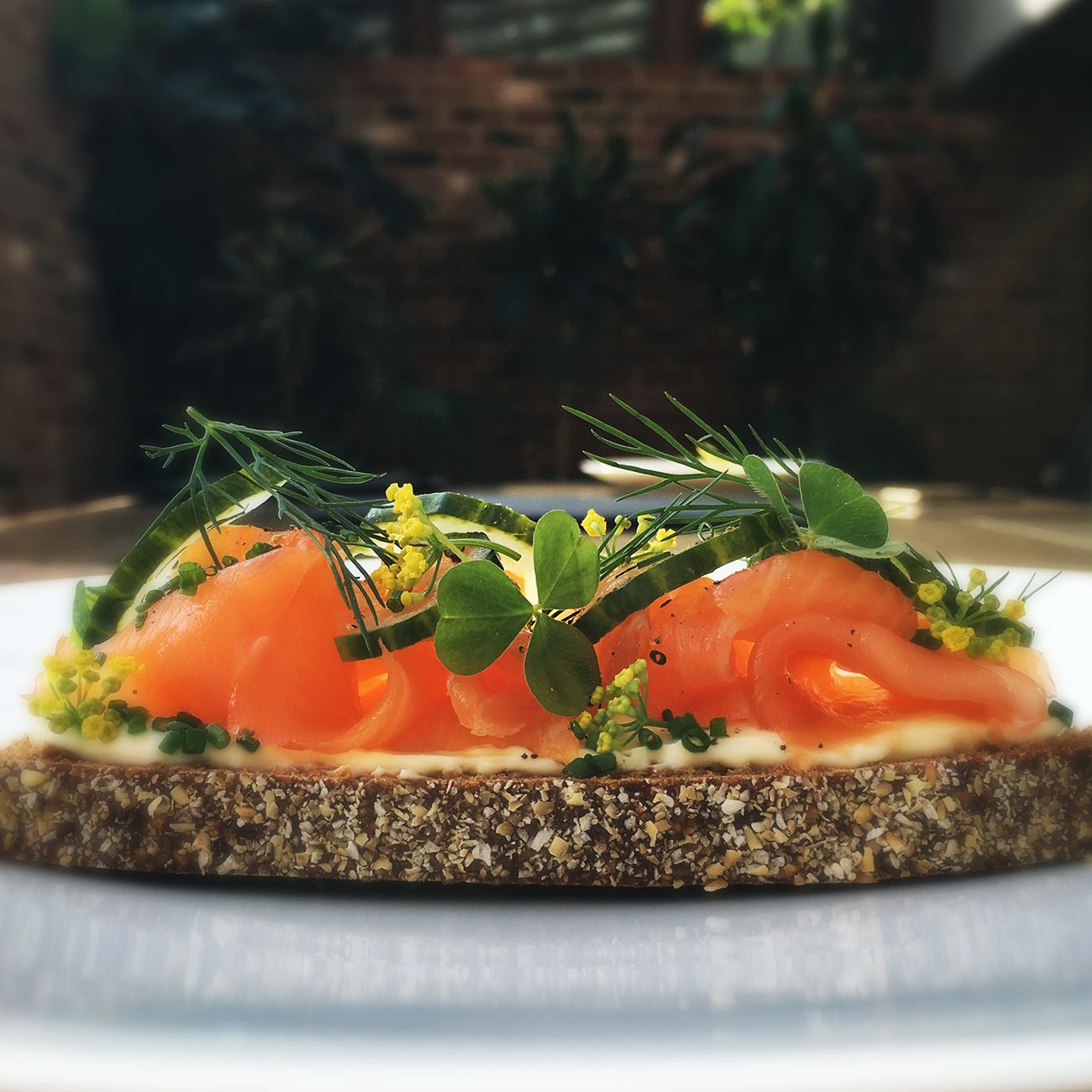
How bias affects the tastebuds
"I discovered in the late 1990s that what you see, hear, smell, taste and touch heavily affects your perception of food. One of my pivotal dishes, for example, is the crab ice cream. These days, not many people will bat an eyelash at the thought of crab ice cream. But back in the '90s, people were shocked. Yet if it was called a frozen crab bisque, the response was very much different.
Later, I worked on a research paper with two professors from the University of Sussex—Martin Yeomans and Lucy Chambers—where we fed our test subjects smoked salmon ice cream. We told half of them that they were eating smoked salmon ice cream and the other half that it was smoked salmon mousse, and asked them to rate the perceived saltiness. The dish turned out to be 10 to 20 percent saltier when it was called smoked salmon ice cream.
This is because your memory tells you that ice cream is supposed to be sweet. So this is what we call the nocebo effect, which is the opposite of a placebo effect, where your negative thinking or expectations actually bring about negative effects. Twenty five years since that crab ice cream, I've come to realise that even by changing the name of a dish before people eat it will change the way they perceive it and the relationship they form with it."
See also: Victoria Chow On The Drink Trends That Will Define 2019
